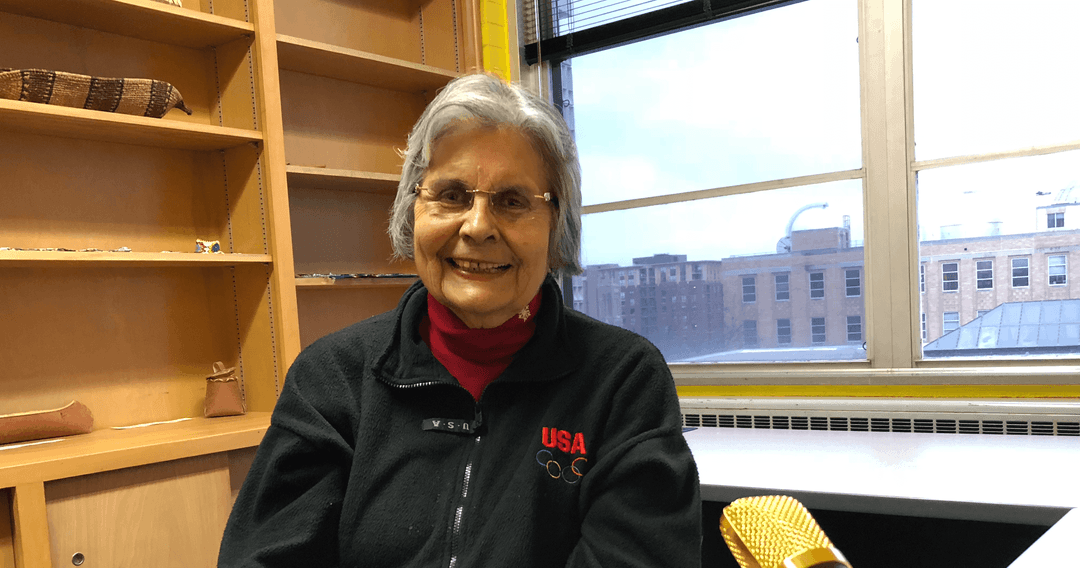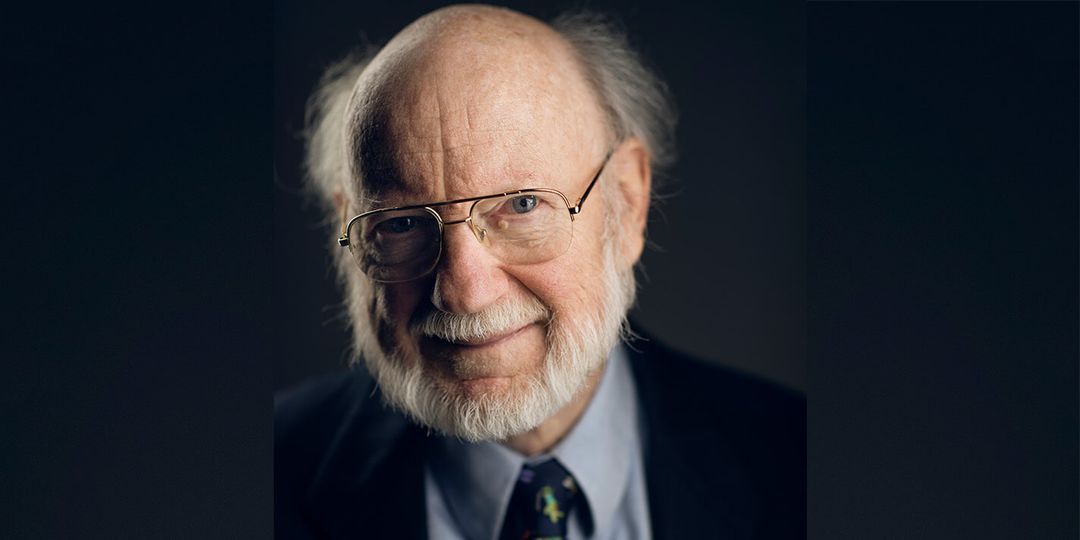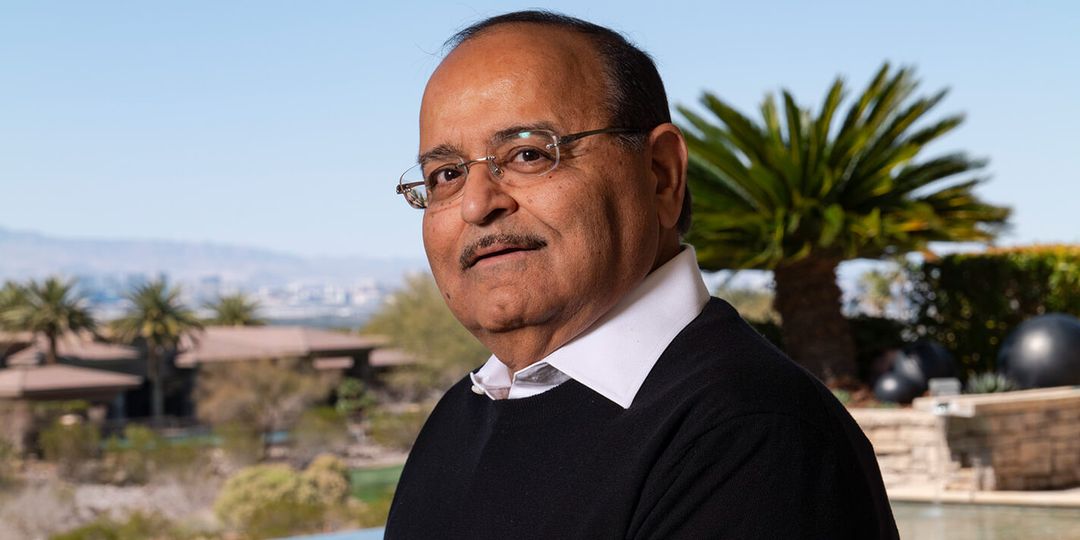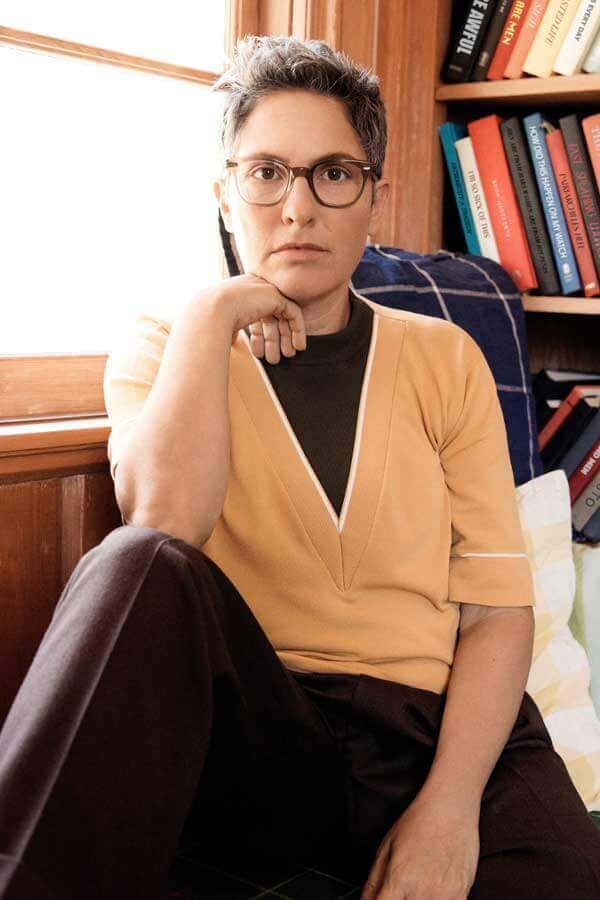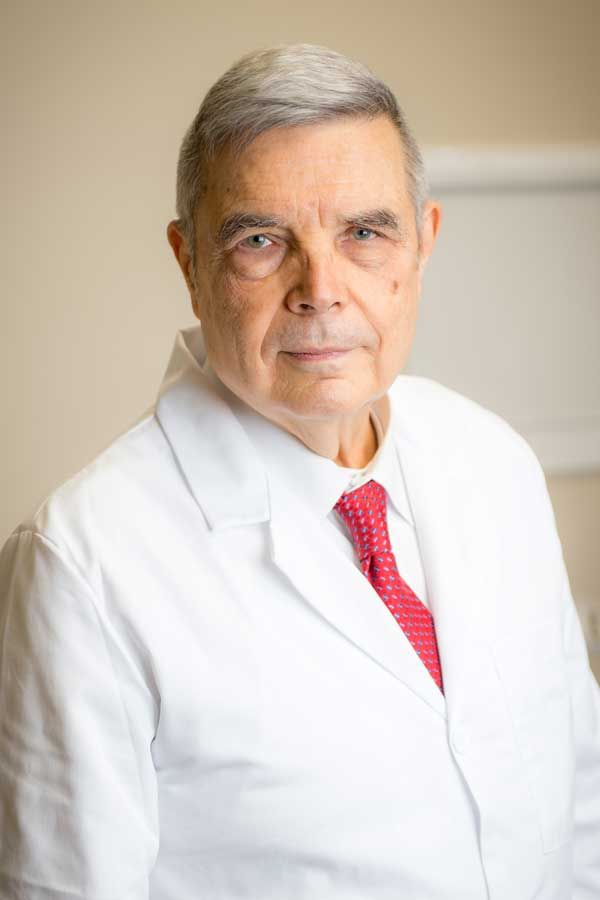Michael Splinter has been involved in making more computer chips than almost anyone else in the world. His career came of age alongside an industry that has grown from a handful of startups into a global economic behemoth now worth more than $1 trillion.
“I’ve had a ringside seat to some of the really great inventions that helped enable some of the biggest fundamental business [and] social changes of our time,” he says.
Splinter’s first ringside seat to the semiconductor industry was at the UW, where he studied electrical engineering. Wisconsin was home to one of the first integrated-circuit fabrication labs in the country, and during his graduate work, he developed a passion for creating smaller, better transistors — the devices at the foundation of the computer revolution.
Splinter knew from an early age that he wanted to become an engineer. The son of an “electronics junkie,” he says his parents and childhood in Horicon, Wisconsin, fostered his sense of curiosity and willingness to take risks. It was this entrepreneurial spirit that led him to move to Silicon Valley and join Rockwell International after graduating from the UW.
He spent a decade in the company’s electronics research center, and in his late twenties, Splinter found himself in the unlikely role of manager.
“Today, nobody would let a thirty-year-old be a factory manager, but it was a much smaller industry then,” he says. “Some people took a chance on me.”
That early leadership experience led him to gradually shift his career to management. He left Rockwell to spend twenty years at Intel, and, in 2003, he became the CEO of Applied Materials, a nanomanufacturing company that develops equipment, software, and services for semiconductor chips, as well as many other products.
At Applied Materials, Splinter drew national attention for establishing a company division dedicated to reducing fossil fuel use, primarily by generating a variety of products designed to reduce the cost-per-watt of solar energy. He now serves as the company’s chair of the board and is overseeing a merger with Tokyo Electron.
Splinter has never forgotten the early inspiration he drew from the UW. He remains connected as a member of the University of Wisconsin Foundation Board of Directors, and he has served on multiple UW engineering advisory boards.
“I grew up in a very small town, and without the education I received at Wisconsin, my life would have been completely different,” he says. “I want to see young people have the same opportunities I’ve had.”
- From On Wisconsin Magazine, Summer 2014
